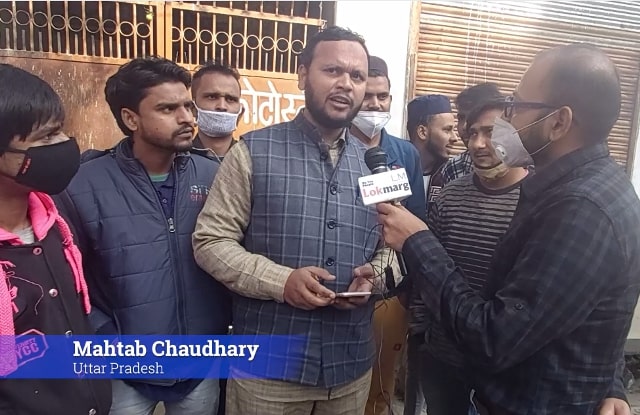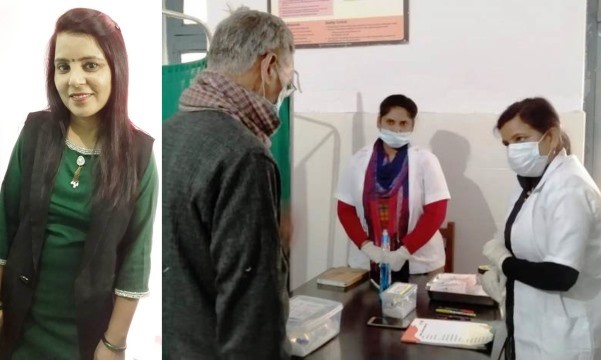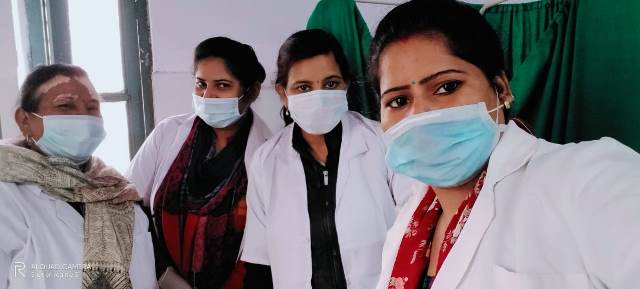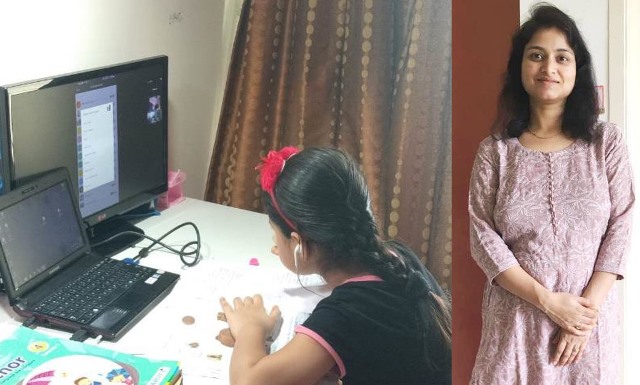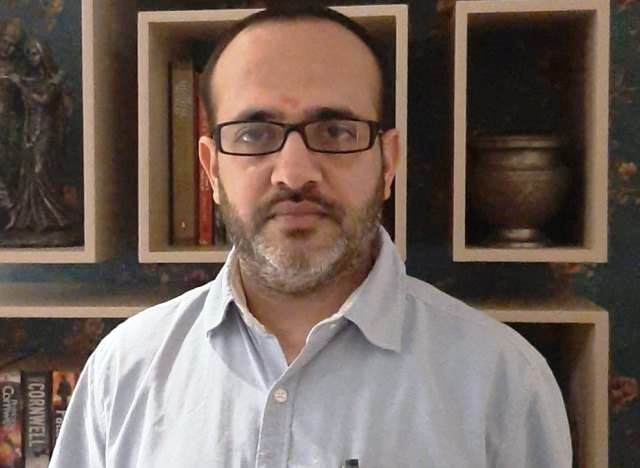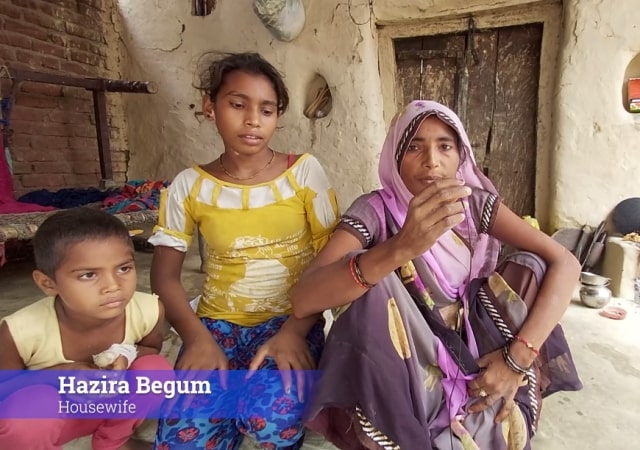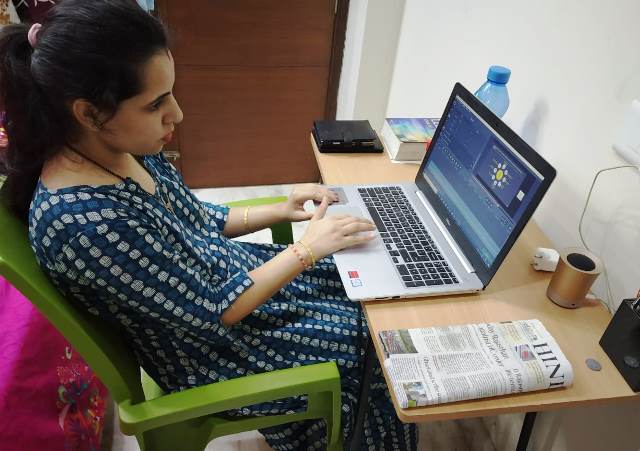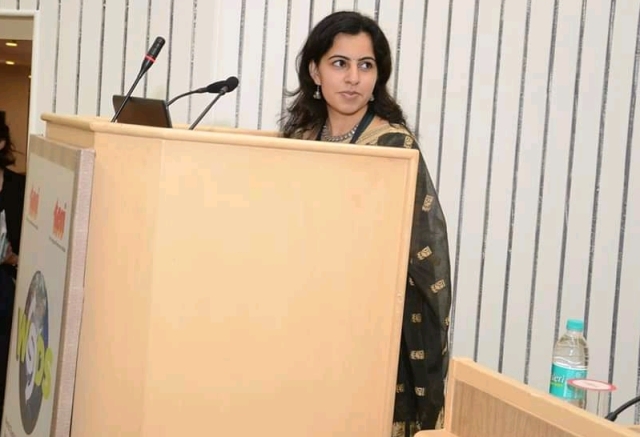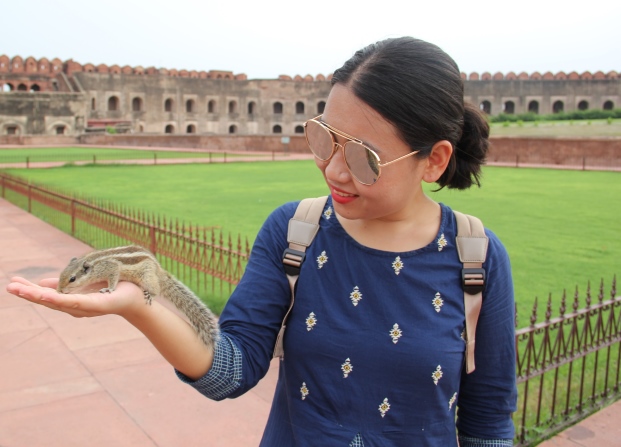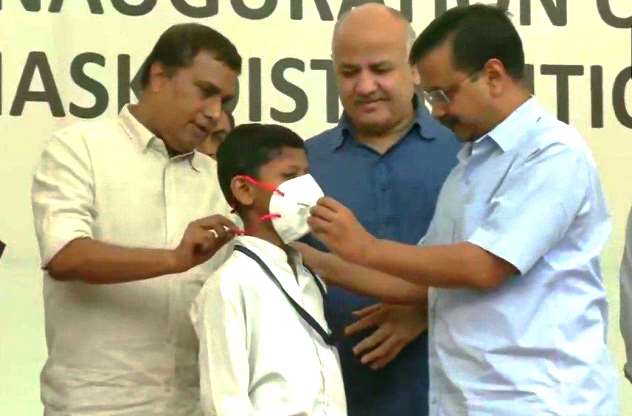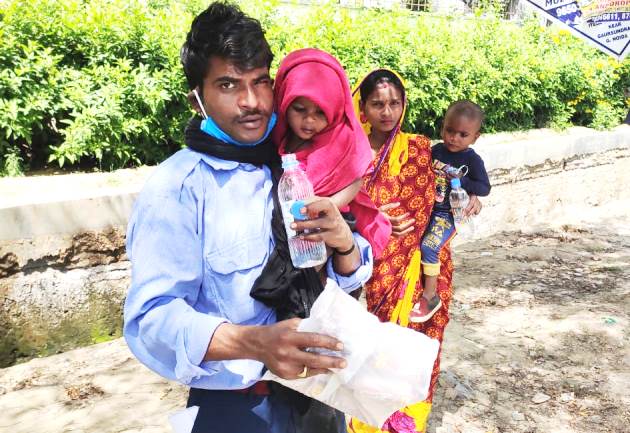Unlock
1.0 in Delhi, with the opening of borders, has led to huge mobility and
activity, even while the markets have reopened and people are trying to
recapture their outdoor lives after weeks of depressing quarantine in lockdown.
The renewed presence of people outside on the streets and partial commercial
activity have seen a simultaneous rise in Covid-19 cases across the National Capital.
With 50,000 plus cases, and around 2,000 deaths, deputy Chief Minister Manish
Sisodia has given a stern warning that by June-end there might be 1,00,000
cases in Delhi alone, and by the end of July perhaps as many as 5,00,000 cases.
This is a grim and dire prediction signifying that post-lockdown the virus has
spread across the spectrum, and so drastically, while the official health and
hospital system seem to be cracking under the burden.
The
news that the Delhi health minister has been infected and is critically ill is
bad news, and one wishes him a speedy recovery. Earlier several doctors and
health workers in leading hospitals like AIIMS had fallen ill, even while the
stark lack of PPEs and gas masks, including ventilators and oxygen, had only
made the situation more tragic and tense. Nurses have been resigning en masse
from both private and government hospitals and the acute lack of beds, for
those patients who have tested positive, has been all apparent.
There
have been reports of people running from pillar to post to get themselves
tested since the doctors and the hospitals refuse to admit patients, and the
usual bureaucratic structures in government hospitals have not helped. Indeed,
besides education and the successful experiment of ‘mohalla
clinics’, the Delhi government was much appreciated for its stellar work in
the health sector, while they made all kinds of tests and treatment totally
free for the citizens of Delhi.
This
presumably strong edifice seems to have cracked under the pressure of the
pandemic, with both the state and the Centre having caught off-guard and the
health structures under great stress. Indeed, the prestigious hospitals in
Delhi under the central government and the Union health minister too are under
severe stress, even as they handle the pressure from patients from other states
with crumbling or weak health infrastructures, as in Uttar Pradesh and Bihar.
What
has been really disturbing is the manner in which some private hospitals and
health care institutions in Delhi have chosen to behave. They are reportedly
charging huge sums, often in lakhs, from patients, thereby shutting the door to
those patients who don’t have deep pockets, and parasiting on those who just
don’t have any option in a desperate situation with government hospitals
denying them admission, treatment or testing facilities. There was a case of an
elderly asthmatic patient who was shunted from one hospital to another, both
private and government, to the extent that the man died on the streets outside
one hospital, with his family begging to the doctors who simply refused
treatment.
Besides,
what about those patients who are suffering from other ailments — cancer,
tuberculosis, heart diseases, etc? With OPDS practically shut, private clinics dysfunctional,
and doctors refusing to come home, where do they go for treatment or a
check-up?
Why
can’t private hospitals in Delhi be put in line with a government order asking them
to admit and treat all critical patients, come what may, and not charge a penny
extra, as Mamata Banerjee has ordered in Bengal, and as was the norm in Kerala?
What stops the central government to issue a directive to all private hospitals
not to fleece patients and treat all them without exploitation and with dignity
in a national crisis?
Besides,
overworked doctors and nurses and health staff, have had their professional
lives stretched to the ultimate limits, even while they risk their lives as
frontline workers to fight the epidemic. Besides asking people to beat ‘thalis’
etc in praise, the central government does not seem have had any intention to
give them benefits or incentives to boost their morale in such difficult work
conditions. Most doctors and health staff thereby have been left to their own
fate.
Besides,
the central government seems to have turned a blind eye to the massive crisis
since January this year, and this transparent indifference and insensitivity
only continued with the tragic migration of lakhs of workers, their wives and
children, starving, thirsty, emaciated and totally helpless. Thereby, no one
really knows what the state of affairs of the tens of thousands of workers is who
have reached their homes in small towns and villages. These places so brazenly
lack even the most basic health structures, with even the primary health or
community centres absent, and the district hospitals in dire straits. This
seems to be a pattern in the Hindi heartland, especially in UP and Bihar. More
so, around 25 lakh workers are reportedly now in transit or quarantine.
The
good news is that the Delhi government has promised another 15,000 beds by June
30. Recently, Chief Minister Arvind Kejriwal visited the Radhasoami Satsang Beas in South Delhi’s Chhatarpur. The
Delhi government is creating a makeshift Covid-19 health care facility with
10,000 beds in a vast open area, which will be centrally air-conditioned and
fully equipped. Besides, the Delhi Disaster Management Authority (DDMA) has
urged the central government to provide 2,000 health care officials from the
army and security services, including doctors and nurses; they should be
allowed to work in this huge, temporary hospital.
“This
10,000-bed facility should be ready for admission of Covid-19 patients by the
first week of July. It will primarily cater to patients with mild or no
symptoms who cannot be assigned home quarantine for some reason and may need
medical intervention. It will be our biggest, dedicated Covid health centre,”
Kejriwal said.
This
is indeed a positive move in a context that till now India has had been lucky
not to face a situation as rampant in the USA, or as in Brazil. With
indications and fear that the virus will peak in the days to come, and with the
lockdown decisively lifted, including on train and air travel, it will be a
tight-rope walk for both citizens and the governments. And Delhi being the
capital will have to really pull up all its resources, talent, commitment and
infrastructure, so that people do not suffer and the pandemic can be
controlled.
